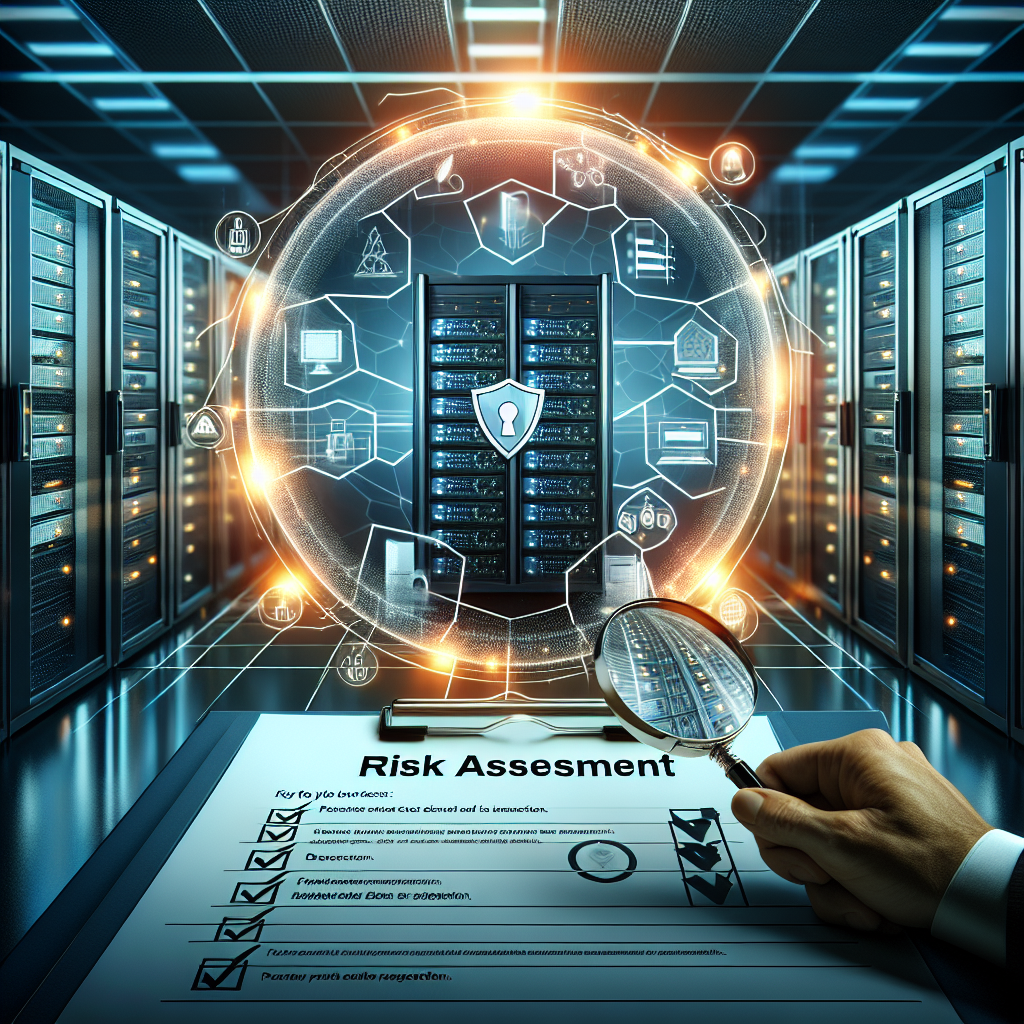Data Center Risk Assessment: Key Considerations for Protecting Data and Infrastructure
Data centers are the heart of any organization’s IT infrastructure, housing crucial data and applications that are essential for day-to-day operations. With the increasing reliance on technology, the importance of protecting data and infrastructure within data centers has never been more critical. A comprehensive risk assessment is essential to identify potential vulnerabilities and implement appropriate measures to mitigate risks.
There are several key considerations that organizations should take into account when conducting a data center risk assessment. These considerations include:
1. Physical security: Physical security is the first line of defense in protecting data centers. Organizations should ensure that data centers are located in secure facilities with restricted access controls, surveillance cameras, and security guards. Additionally, measures such as biometric scanners and access control systems can further enhance physical security.
2. Environmental risks: Data centers are susceptible to environmental risks such as fires, floods, and earthquakes. Organizations should assess the potential impact of these risks on their data centers and implement measures such as fire suppression systems, flood barriers, and seismic bracing to protect data and infrastructure.
3. Power and cooling systems: Power and cooling systems are critical components of data center infrastructure. Organizations should conduct regular assessments of these systems to identify potential points of failure and implement redundancy measures to ensure continuous operation in the event of a power outage or cooling failure.
4. Data protection: Data protection is paramount in data centers, as any breach or loss of data can have significant financial and reputational consequences. Organizations should implement encryption, access controls, and data backup systems to protect data from unauthorized access or loss.
5. Compliance requirements: Organizations must also consider compliance requirements when conducting a data center risk assessment. Depending on the industry and location, data centers may be subject to specific regulations such as GDPR, PCI DSS, or HIPAA. Organizations should ensure that their data centers comply with these regulations to avoid potential penalties and legal consequences.
In conclusion, a comprehensive data center risk assessment is essential for protecting data and infrastructure within data centers. By considering key factors such as physical security, environmental risks, power and cooling systems, data protection, and compliance requirements, organizations can identify potential vulnerabilities and implement appropriate measures to mitigate risks. Ultimately, a proactive approach to risk assessment and management is crucial for ensuring the security and reliability of data centers in today’s technology-driven world.


